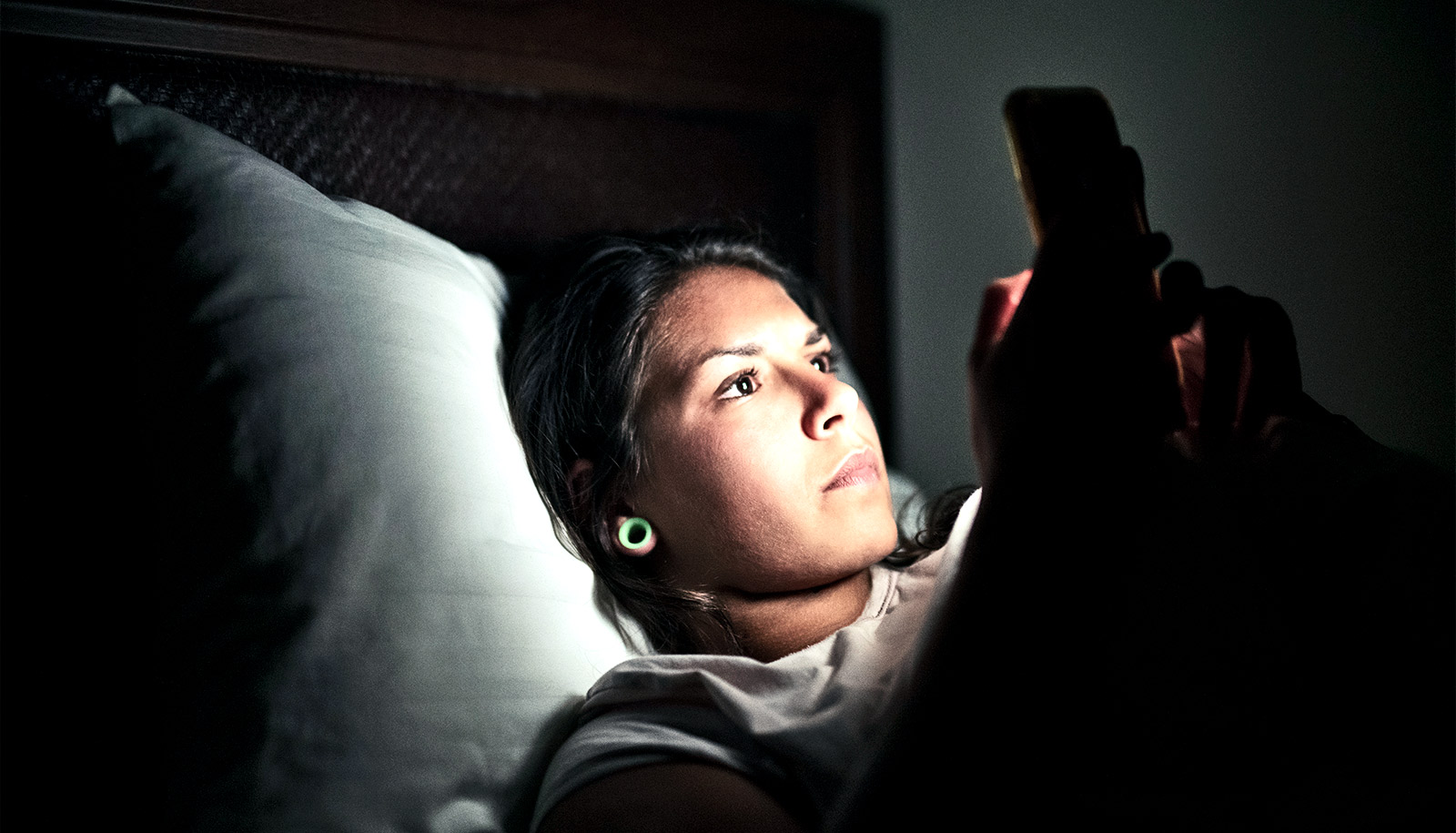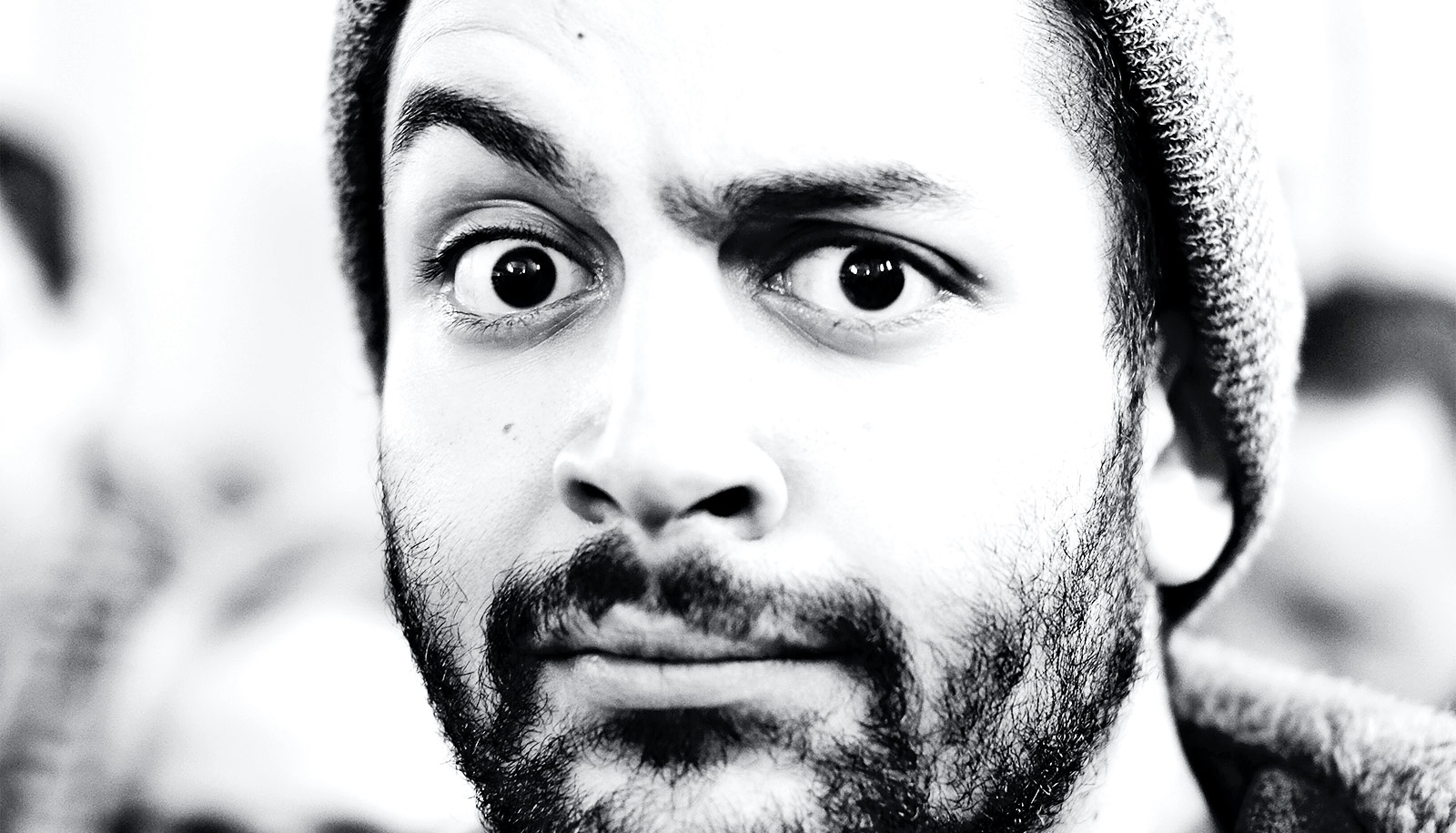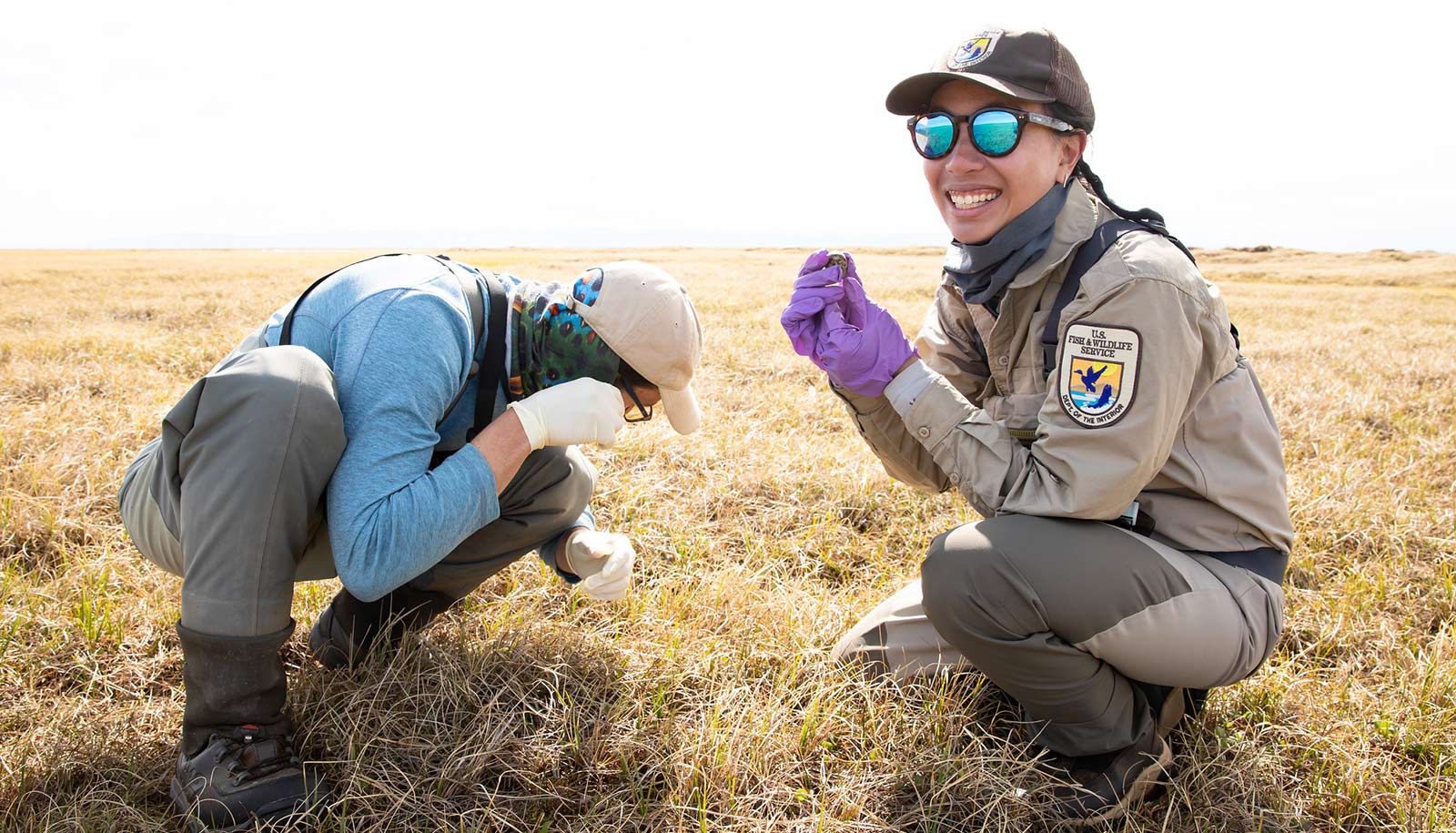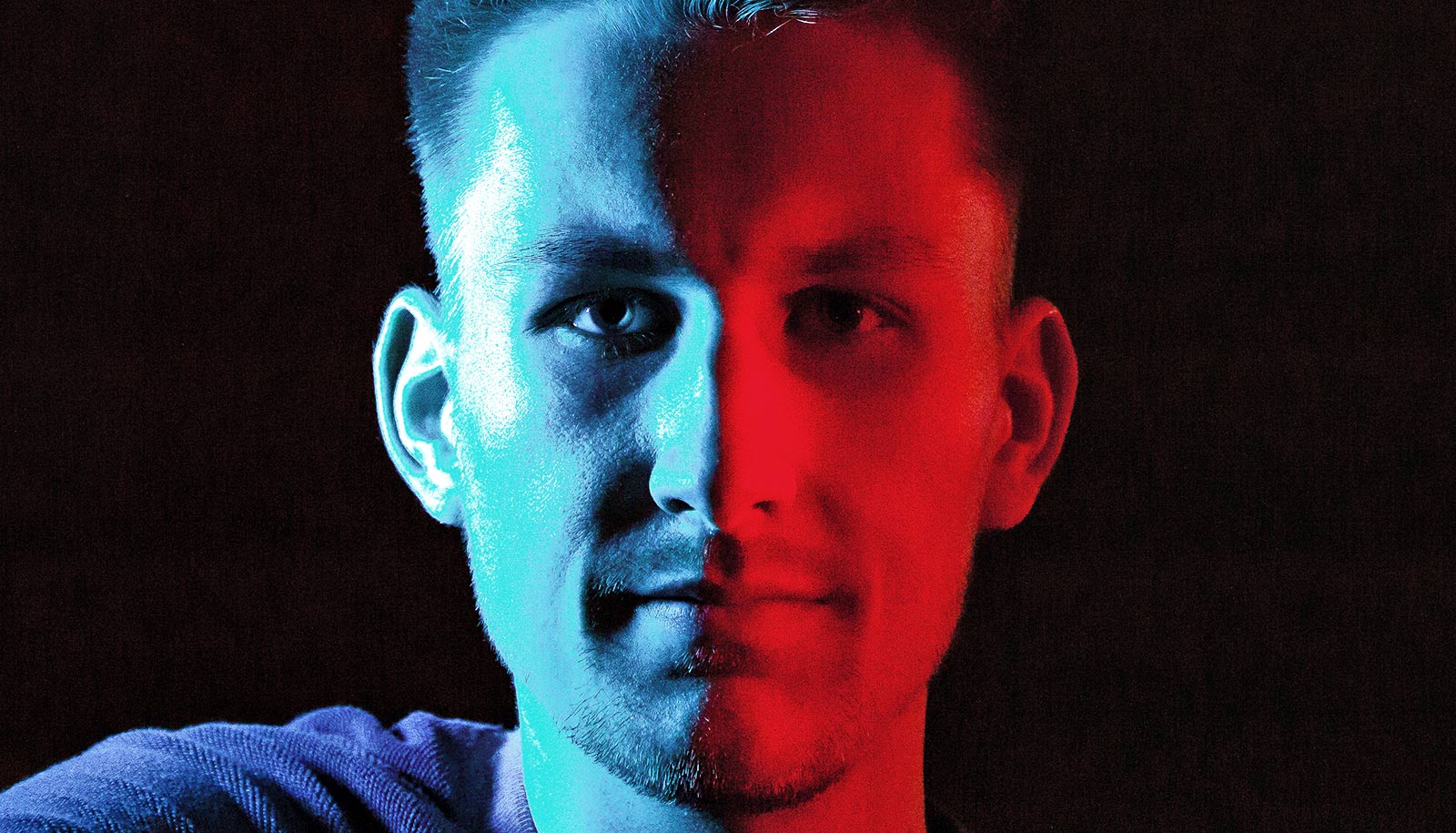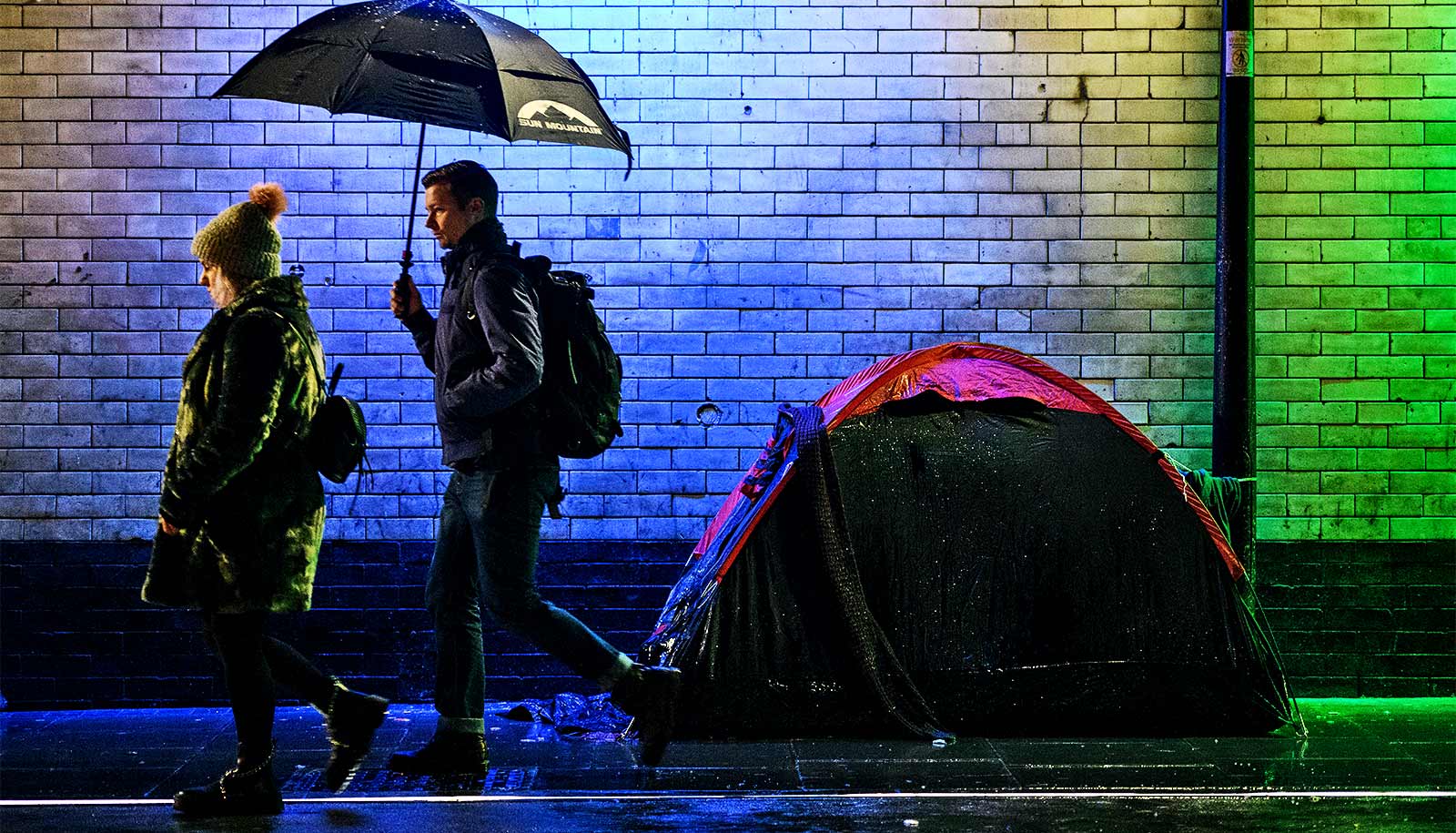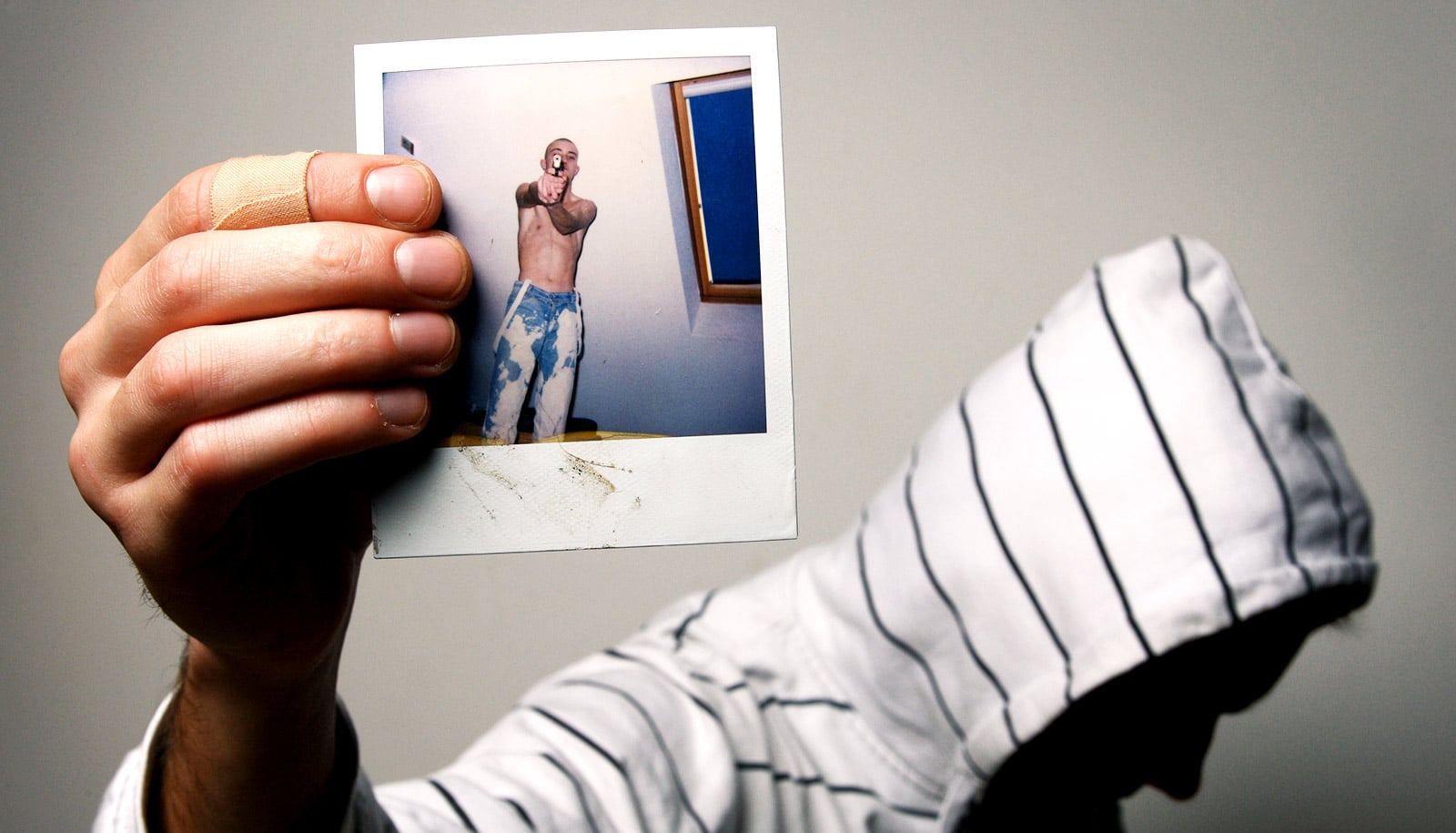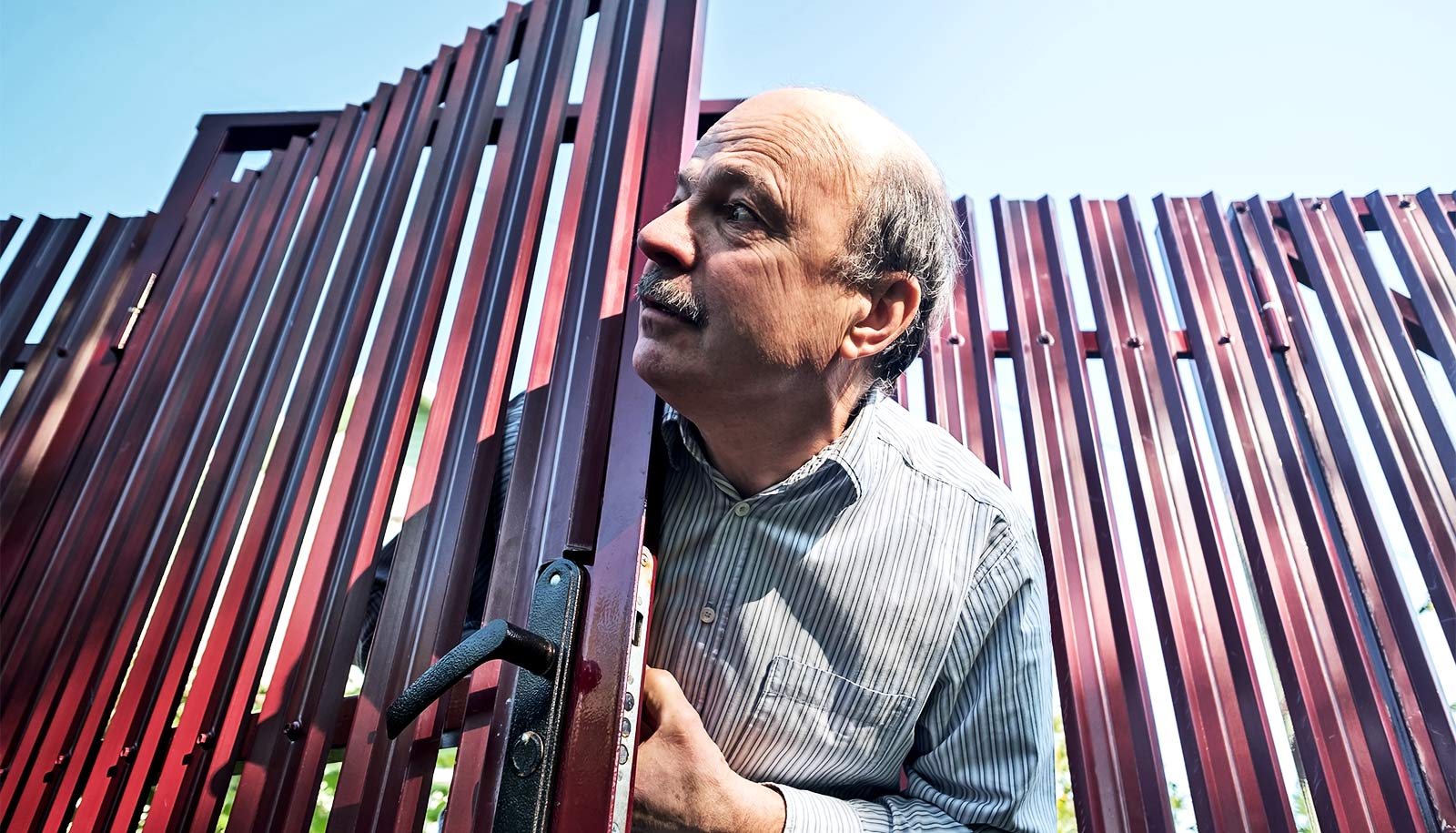Does cognitive dissonance account for rising xenophobia?
Research finds that people "living near concentration camps... were more likely to conform to the beliefs system of the regime. And we think this was because of cognitive dissonance."
Amy McCaig-Rice University •
futurity
Jan. 29, 2020 • ~4 min
Jan. 29, 2020 • ~4 min
/
15


